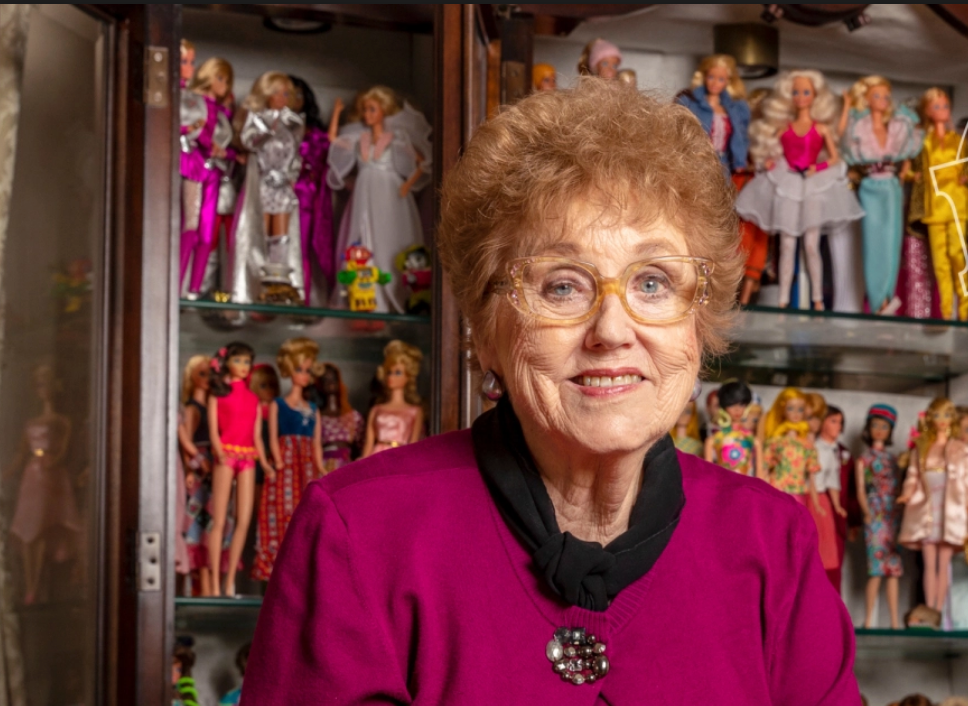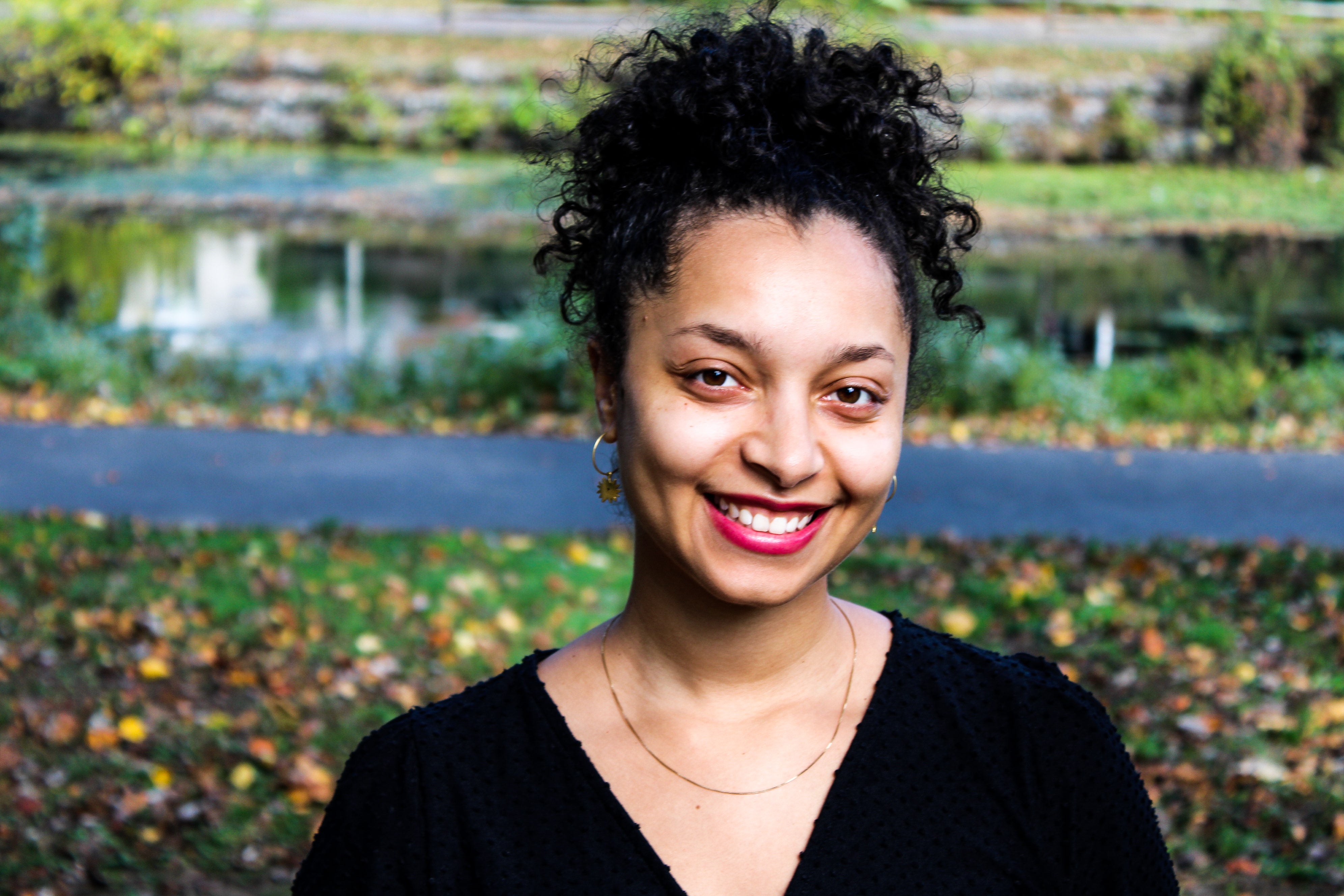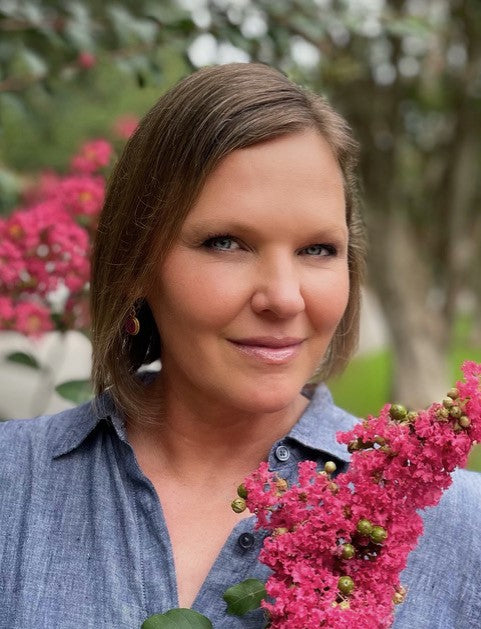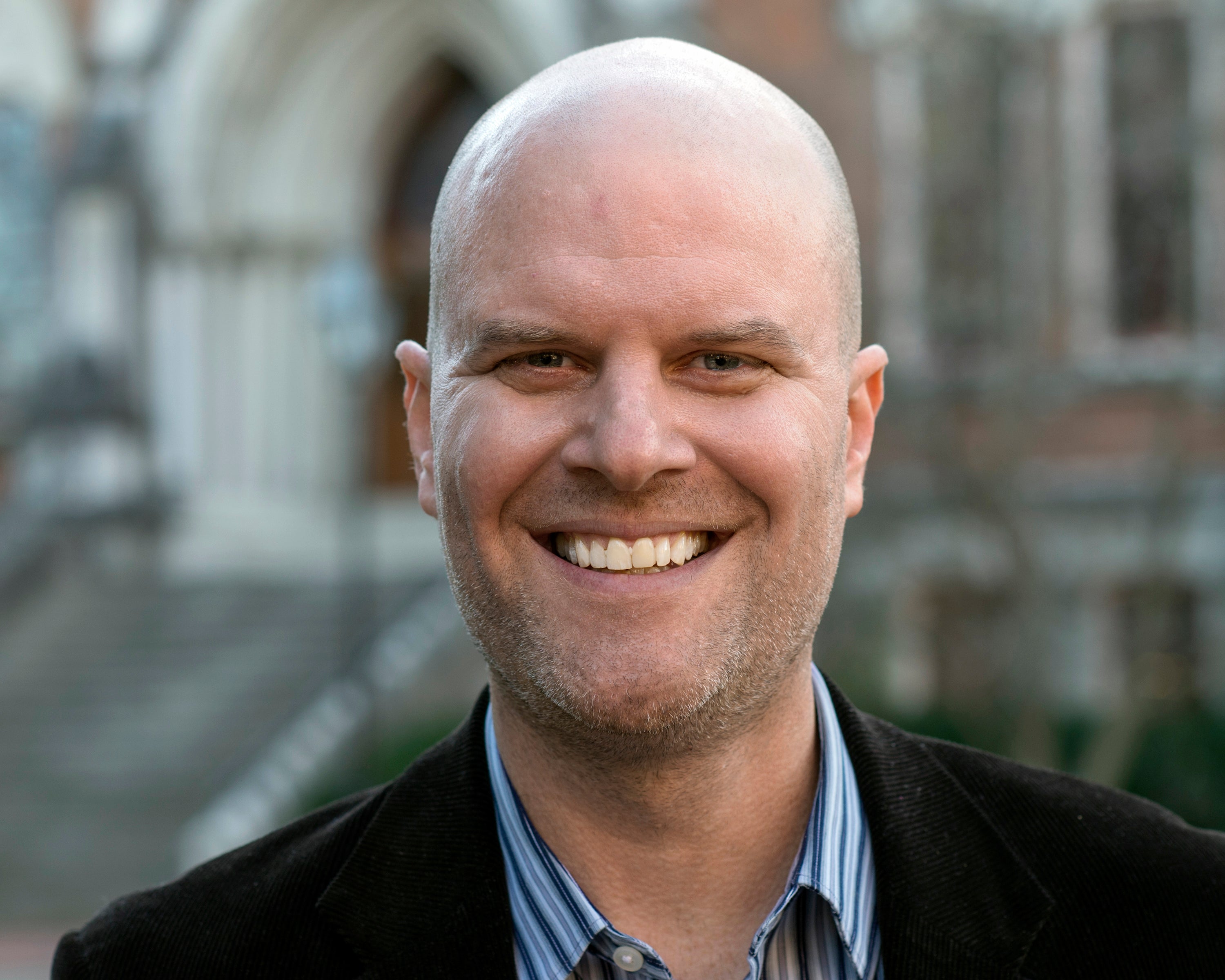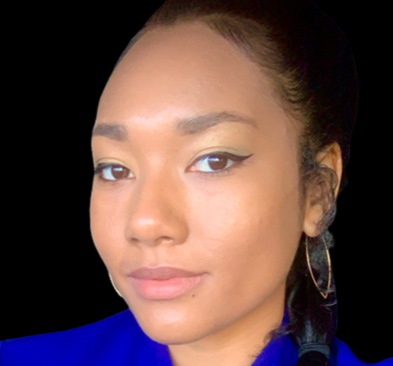Book: Searching for Sylvie Lee

Photos Credit: Chris Macke
Author: Jean Kwok
Author Bio:
"Jean Kwok is the award-winning, New York Times and international bestselling author of Searching for Sylvie Lee, Girl in Translation and Mambo in Chinatown. Her work has been published in twenty countries and taught in universities, colleges and high schools across the world. An instant New York Times bestseller, Searching for Sylvie Lee was selected by Jenna Bush Hager for the Today Show Book Club, Emma Roberts for the Belletrist Book Club, O, The Oprah Magazine for its summer reading list and called “this summer’s book club sensation” by Entertainment Weekly.
Jean has been chosen for numerous honors including the American Library Association Alex Award, the Chinese American Librarians Association Best Book Award and the Sunday Times EFG Short Story Award international shortlist. She has appeared on The Today Show and spoken at many schools and venues including Harvard University, Columbia University and the Tucson Festival of Books. A television documentary was filmed about Jean and her work."(www.jeankwok.com)
1. How have you grown as an author since your first book Girl in Translation?
With my debut novel, Girl in Translation, I was really concentrating on telling that story well - about a Chinese American immigrant girl who lives a double life as a factory worker and student in an exclusive private school.
In my third novel, Searching for Sylvie Lee, I use three narrators to all throw light upon the mystery of the golden girl Chinese American Sylvie Lee's disappearance. Her timid younger sister Amy has to pull herself together and figure out what happened when dazzling Sylvie disappears on a trip to the Netherlands. Furthermore, each narrator is thinking in her own language, so Ma in Chinese, Sylvie (whose timeline is backdated by a month) in Dutch and Amy in English.
The book's in English, of course, but their inner dialogues reflect their true selves in their own native tongues. As Amy finds clues to Sylvie's disappearance, we follow Sylvie herself a month earlier as she unknowingly moves towards her fate.
This means that I had to keep many more balls in the air than I did for my debut novel but I found it to be really fun. Hopefully, it's enjoyable to read as well!
2. What was the most exciting part about writing an immigrant story within a suspenseful thriller?
I had such a great time writing this novel. I really enjoyed figuring out the story, the twists, and turns that would hopefully keep the reader wondering what was truly going on, and the ultimate challenge was, of course, finding an ending that would be surprising yet fully earned. You want the reader to say, "Oh, now I see..." All of the pieces need to already be in place.
So I had a lot of fun with the suspenseful thriller aspect of the novel, but what made it truly meaningful to me is that "Searching for Sylvie Lee" is very much an immigrant story at the same time. It's about these characters who have both gained and lost by being immigrants and their struggles for connection and love throughout it all.
3. How long has “Searching for Sylvie Lee” been in the making? What was your writing process like for this book?
The novel took me about three years to write. I started with the characters, hearing each of their voices in my mind, writing down what they were like, what they believed in their deepest hearts. I let them speak to me for a while, then I planned out the entire novel, from beginning to end. Of course, many things changed drastically along the way but I had an outline to guide me so I wouldn't get lost.
I want the novel to be an entertaining page-turner while hopefully offering deeper insights, so I needed to know when to release information and when to keep the reader asking questions.
I wrote the book pretty much from beginning to end but then I needed to go back and especially work and rework both Sylvie and Ma's voices because they're thinking in their own languages.
4. Is there a common character trait of immigrant families to this country that you have noticed? If so, is this something you illustrate and showcase in your characters?
One thing that was important to me in writing the novel was how many times, the children in immigrant families wind up with English as their dominant language while the parents struggle to master it. This means that parents have a hard time communicating with their own children because the language in their hearts is different from the language spoken by the people they love most.
This is why I have each narrator thinking in their own native language. We see Ma, for example, through Amy's eyes and Ma seems like a beloved but simple woman who can only speak broken English. Then when we open into Ma's chapter where she's thinking in Chinese, we realize that Ma is a profound, intelligent, passionate person - and someone that her own daughter will never be able to truly see because they don't speak the same language fluently.
5. Out of the three female main characters, which one do you relate to the most and why?
I relate to all of them to some degree. Ma is so much like my own mother, who never mastered English. I have Sylvie's perfectionistic traits but I'm sadly not as accomplished as she is! I'm a first-generation immigrant and was very poor when we first arrived in the US.
I lived in an unheated apartment and worked in a Chinatown clothing factory as a child. I did end up going to Harvard but I was never considered the successful child in my family. I burn everything in the kitchen and am considered a terrible Chinese daughter by my family!
So I relate a lot to Amy, especially since my own beloved brother disappeared 10 years ago, and like Amy, I had to pull myself together to find out what had happened to him.
6. What’s the best advice you have ever received on happiness?
This is my advice on happiness - happiness isn't something that you go out and find. It's a seed that's already deep inside of you and if you nourish it, give it water and sunlight, it'll grow and blossom.
7. What’s your best advice on getting over writer’s block?
Lower the stakes. Don't make it so important or such a big deal. Be gentle with yourself. Know that so many of us go through it. Understand that the actual production of words is one of the last steps in the process, so when you're experiencing life, worrying about writing, you're engaged in the process too. It will come and it's going to be amazing when it does!
8. Do you plan on writing more books in the future?
I'm writing one right now! It's about a young Chinese American woman who comes to the US to start a new life with her little brother but when she gets into a passionate relationship with her white English teacher and he dies in a suspicious accident involving her, everything she's worked so hard for starts to unravel and it's up to her to save both her little brother and herself.
Places To Find More From This Author:
Instagram: @jeankwokauthor
Twitter: @JeanKwok
Facebook: Jean Kwok Author
Website: www.jeankwok.com
Get Your Copy of Searching for Sylvie Lee Today!








